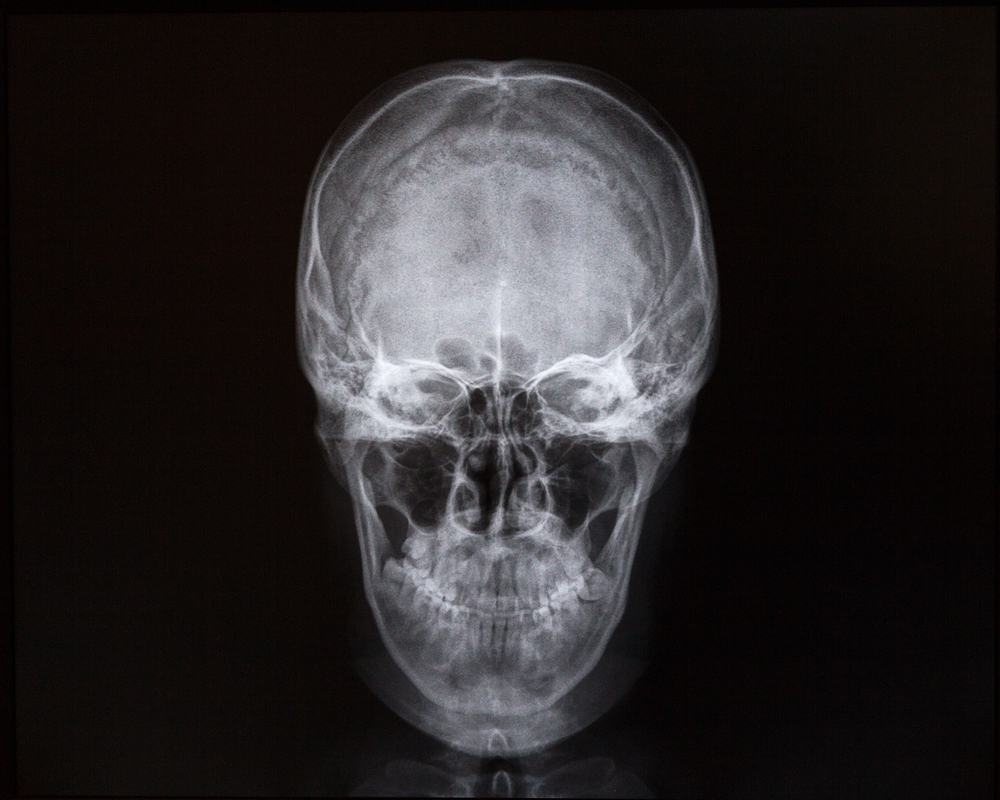Any concussion is a temporary disturbance in brain function that follows an impact to the head. Concussions are frequent in contact sporting activities and the matter of concussion in sport is a large hot public health concern in recent times. They will follow any kind of head trauma, not only in sports. The primary the signs of a concussion include head aches, nausea, vomiting, dizziness, slurred speech, a brief forgetfulness (especially with the situations resulting in the concussion) as well as the inability to focus. Approximately 10% of concussions lead to a loss of consciousness. The vast majority of those who have a concussion recoup reasonably quickly with many recovering in several days to a few weeks. About 10 percent of individuals who have a concussion may experience continual problems for months and infrequently, years. Should the features of the concussion remain after three months, then they may well be diagnosed as experiencing continual post-concussion symptoms. The importance of concussions has led the World Health Organization to identify concussion as being a critical public health issue.

Earlier advice on the treatment of a concussion was total rest, however this has changed in recent years. Complete rest in the day after the concussion still is encouraged, however it’s now suggested that gentle physical exercise is undertaken over the next days. This can consist of going for walks, easy jogging or a stationary bike. Light mental stimulation (for instance work or study) can be encouraged over the following days. Whilst those with a concussion recoup at various rates, the quantity of physical and mental undertakings should be progressively increased and become guided by the symptoms.
Continual post-concussion symptoms will vary noticeably between individuals but generally the signs and symptoms include things like head aches, light or noise sensitivity, balance difficulties, sleep trouble, depression and anxiety. Fatigue, both physical and mental, is very common in those with the lingering post-concussion problems, and this could have a substantial effect on well being.
A lot more is understood in regards to the immediate and short-term treatments for concussion however less is known about the therapy of the long-term problems. Useful management of the continual conditions includes early psychological help. Apart from the psychological help which has been confirmed to be beneficial there isn’t any definitive answer to the long term implications of concussion. The clinical features of each person will be managed when they show up and attended to by the treating doctor as every person can show a unique number of signs and symptoms. Medicine are usually necessary for your headache features. Physical rehabilitation may be needed to help you take care of the balance issues. Gentle working out is recommended to be able to assist the fatigue and maintain fitness. There isn’t any drugs that’s available to assist the cognitive and memory issues, so cognitive and behavioural therapy from a psychologist can often be made use of. Therapy and medicine is available to help out the depression and anxiety troubles. Moderate aerobic exercise has been proven to be important to help the recovery from these long-term difficulties. Generally there may also be psychological impacts on the spouse and family members around the person who has the concussion and these might need to be addressed as needed.
Advertisement:
- Pradhan, Priyanka (Author)
- English (Publication Language)
- Chiu, Dr. Titus (Author)
- English (Publication Language)
- Roche, Kathryn (Author)
- English (Publication Language)
I get commissions for purchases made through links on this website. As an Amazon Associate I earn from qualifying purchases.



